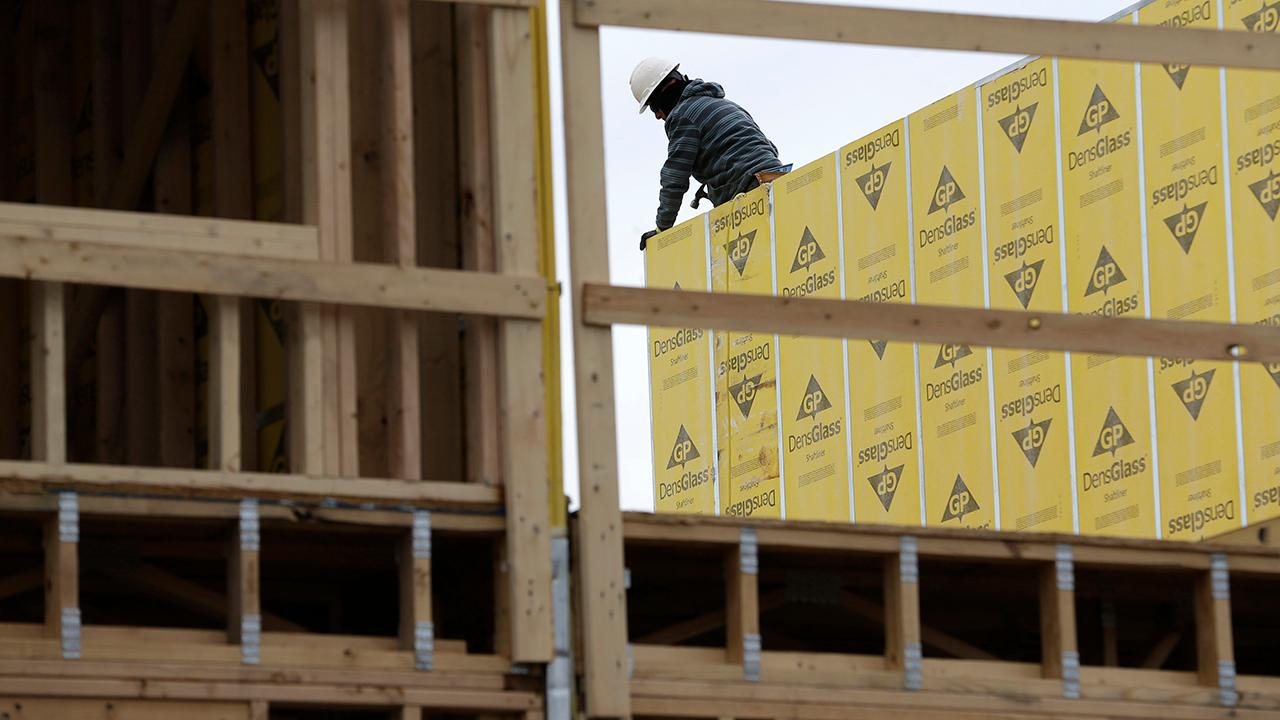Retail industry thrust into 2020 spotlight as Dems tackle minimum wage
The retail industry is poised to be thrust into the spotlight during the 2020 Democratic primaries as several top candidates make increasing the national minimum wage a centerpiece of their campaigns, putting more pressure on a sector in the midst of transforming itself to compete against Amazon.
While top companies like Target have taken steps independently to hike worker pay, it may not be enough for candidates like Sen. Bernie Sanders -- a Vermont independent who caucuses with Democrats – who has shown a willingness to call out specific businesses by name for allegedly unfair labor practices. And while some in the industry have the financial flexibility to absorb the higher labor costs, others will be more adversly impacted.
The increasing pressure could complicate investments in store improvements and upgrading online platforms. Companies like Dollar Tree and Costco have already said efforts to raise minimum wage in states across the U.S. could undermine financial performance this year.
“The significant headwinds around labor costs continue with double-digit minimum wage increases in many of our markets, an incredibly competitive labor environment and increasing levels of regulation across the country,” Shake Shack CFO Tara Comonte recently told investors.
In February, average hourly wages grew 3.4 percent year-over-year, the largest rate of increase in nearly a decade. Analysts say rising pay could reduce company profits each quarter by up to 4 percent over the next few years.
But despite the financial impact and independent of the political pressure, some companies are finding it necessary to increase pay to attract workers in one of the tightest labor markets in decades. Costco, for example, launched a new program to take starting wages up to as high as $15.50 per hour, as well as offer paid leave for hourly employees.
Still, with Sanders, Sen. Kamala Harris, D-Calif., and other 2020 contenders supporting legislation to codify the $15 minimum wage nationally, retailers are bracing for the debate -- one that comes as struggling companies close hundreds of stores in the U.S.
“There will probably never be a peak minimum wage,” Instinet analyst Simeon Siegel told FOX Business. “This will probably always be a conversation with very heated views on both sides and the question becomes: Can the retailers absorb it?”
The U.S. Chamber of Commerce thinks not. A top executive at the Republican-aligned lobbying group last year said businesses don’t have “the ability to absorb an increase in their labor costs.” Top White House officials have also decried the effort.
| Ticker | Security | Last | Change | Change % |
|---|---|---|---|---|
| TGT | TARGET CORP. | 115.56 | +4.66 | +4.20% |
| WMT | WALMART INC. | 131.18 | +4.24 | +3.34% |
| COST | COSTCO WHOLESALE CORP. | 1,001.16 | +11.87 | +1.20% |
| SHAK | SHAKE SHACK | 98.30 | +5.23 | +5.62% |
| DLTR | DOLLAR TREE INC. | 123.83 | +4.23 | +3.54% |
As pressure rises, more companies are opting to also couple the higher wages with new employee benefits to attract workers and mitigate federal scrutiny. Walmart, for example, said in February it would offer hourly associates 48 hours of paid time off and quarterly financial incentives. The Bentonville, Arkansas-based company previously raised its minimum wage to $11 an hour.
Days later, Sanders and Senate Minority Leader Chuck Schumer, D-N.Y., cited the decision by the world’s largest retailer to shutter Sam Club’s stores while launching a share repurchase program as justification for legislation to rein in the common corporate practice.
Meanwhile, others have plans in place to reach the $15 per hour mark within the next few years. Target, for example, aims to hit that benchmark by 2020.
“Not only does this move further burnish Target’s reputation as a top destination for great talent. It sends a clear message that we value our communities,” CEO Brian Cornell said recently.
CLICK HERE TO GET THE FOX BUSINESS APP
As the discussion around minimum wage intensifies, advanced manufacturing and other developments could reduce the reliance on human workers and ultimately balance out the added costs.
“Companies are watching hourly rates go up, but they are also thinking about how at the end of the day if they can reduce those hours that’s another offset here,” Siegel said. “If automation helps make labor more efficient, the reality is it might not be as big of a pressure on their margins.”




















